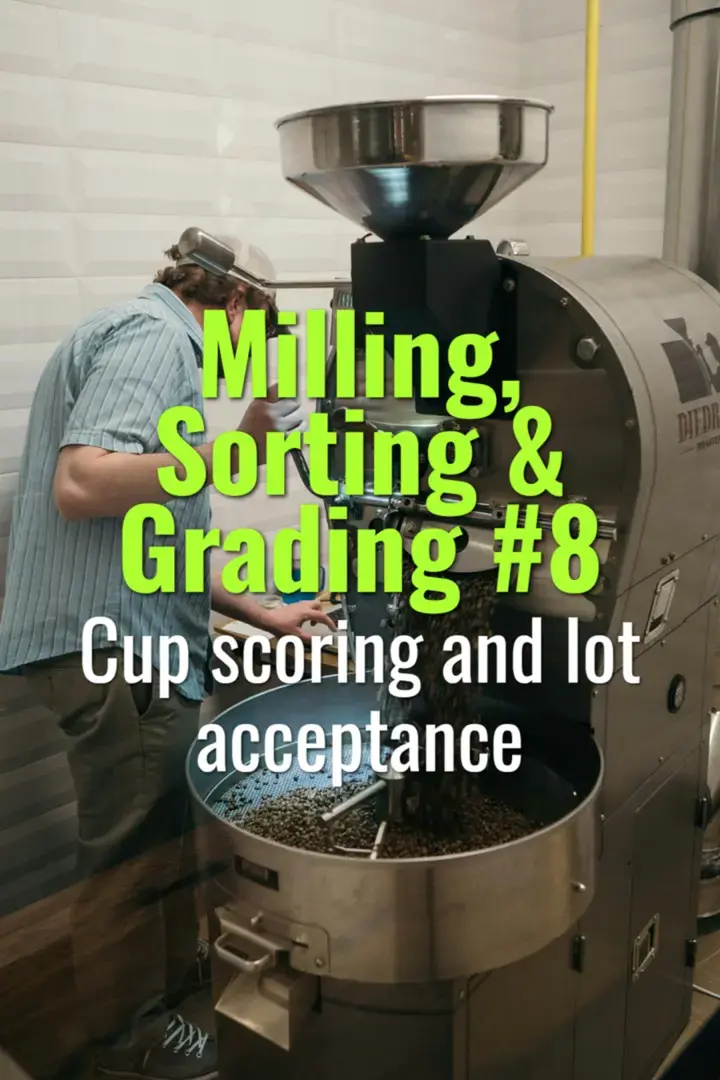
Cup scoring and lot acceptance
This topic explains how cup scoring is used to evaluate coffee quality, the standards applied by the Specialty Coffee Association (SCA), and how scores determine whether lots are accepted or rejected in trade.

This topic explains how cup scoring is used to evaluate coffee quality, the standards applied by the Specialty Coffee Association (SCA), and how scores determine whether lots are accepted or rejected in trade.
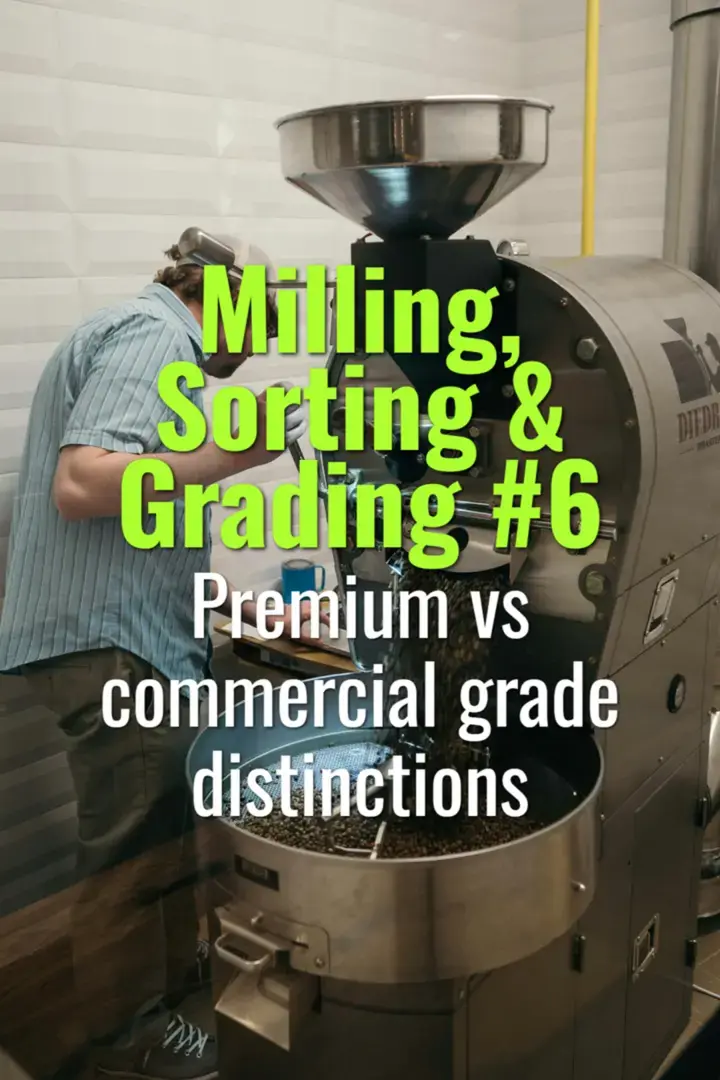
This topic explains the distinctions between premium (specialty-grade) and commercial-grade coffee, focusing on physical standards, sensory outcomes, and market implications.
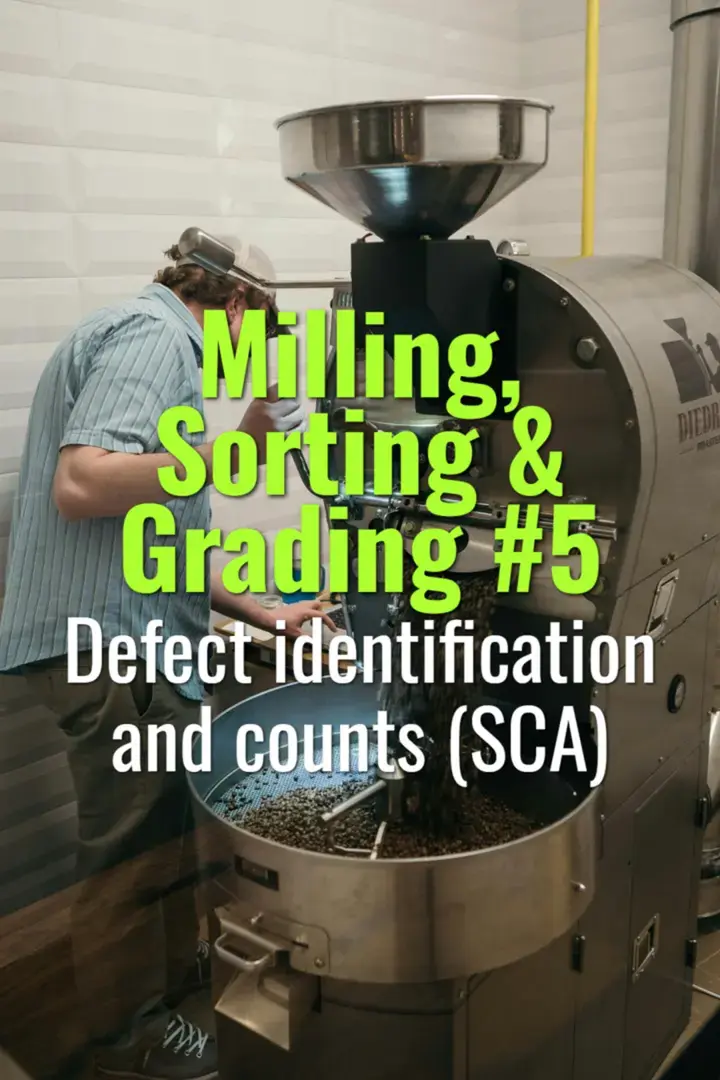
This topic explains how defects are identified and counted in coffee according to Specialty Coffee Association (SCA) standards, why this matters for grading, and how it influences specialty classification.
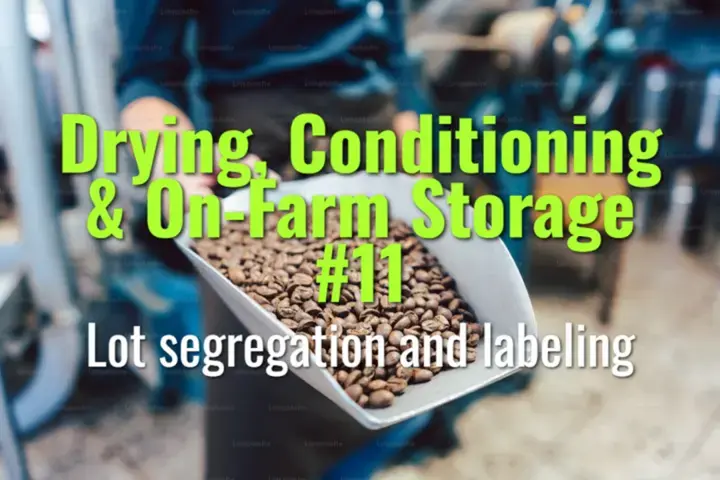
This topic explains how lot segregation and labeling are managed in coffee drying and storage, why they are essential for traceability, and how they impact quality consistency and market value.
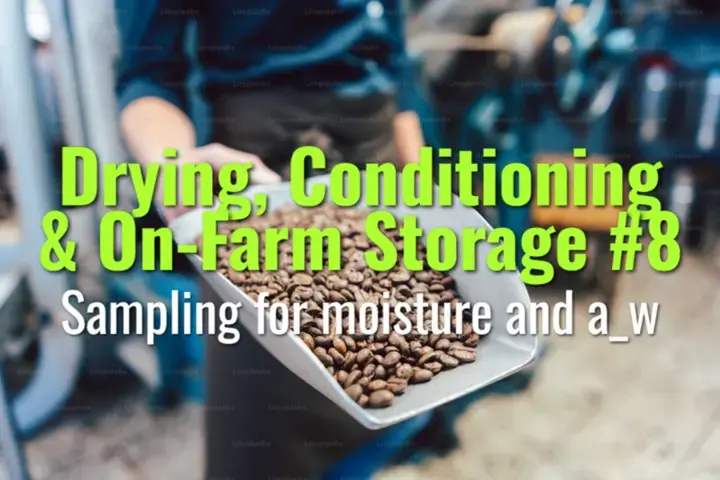
This topic explains how to properly sample coffee for measuring moisture content and water activity (a-w), why representative sampling is critical, and how these tests ensure stability and quality.
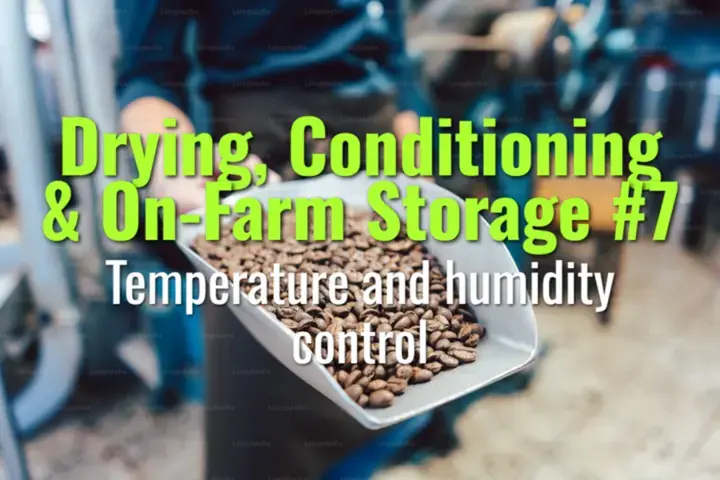
This topic explains how controlling temperature and humidity in coffee storage preserves quality, prevents defects, and ensures stability until export or roasting.